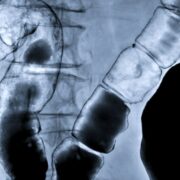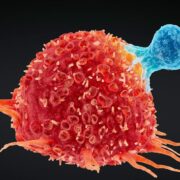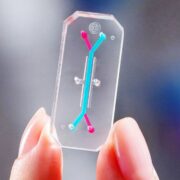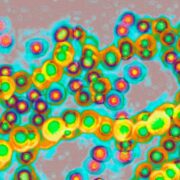
Scientists Grew Mini Human Guts Inside Mice
These tiny organoids with working immune systems mimic the function of the GI tract and could be used to study intestinal diseases and drugs to treat them. ..

These tiny organoids with working immune systems mimic the function of the GI tract and could be used to study intestinal diseases and drugs to treat them. ..

Scientists kept the rodents’ immune T cells active four times longer than mice can live—with huge implications for cancer, vaccination, and aging research. ..

Data from Sweden and the US suggests cash incentives increase uptake without denting people’s trust in vaccines or future willingness to get them. ..

Lab animals have long borne the brunt of drug safety trials. A new law allows drugmakers to use miniature tissue models, or organs-on-chips, instead. ..

A new study shows that as temperatures drop, nasal cells release fewer of the tiny protectors that bind and neutralize invading germs. ..

He Jiankui discusses his plans for finding cures for devastating genetic diseases. Should the scientific community trust him? ..

The US is more alert to the risks of strep infections, but the UK has better data. It’s not clear which makes more difference in controlling disease. ..

Internet-connected thermometers can quickly show how influenza is spreading—so measures to control the disease can be targeted more effectively. ..

For the past two years, social distancing kept seasonal viruses at bay. Now they’re roaring back. ..

Medtech firm Earli is working on a way to make tumors announce themselves as they appear—and even provide directions to where they are in the body. ..